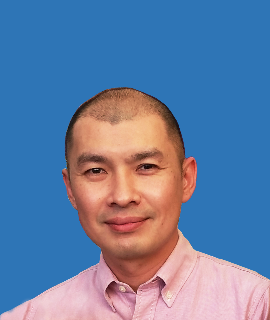Title : Screening for proteins that extend chronological life span in yeast
Abstract:
Ageing is a biological process that occurs with gradual structural and functional changes in living organisms with the passing of time. There are two types of ageing which are organismal ageing and cellular ageing. At the organismal level, organisms such as humans for example become ‘older’ with external observational changes such as the appearance of wrinkles and grey hairs, while internally organs will also change albeit unseen. At the cellular level, cells such as epidermal, neuronal or muscle cells undergo ageing with the accumulation of cellular damage that causes the loss of cellular function and eventually cell death. There are two types of cellular ageing which are replicative ageing and chronological ageing. Replicative ageing occurs in replicating cells such as skin cells that can replicate to produce new cells, while chronological ageing occurs in non-replicating cells such as neuron and muscle cells that do not continue replicating. Ageing-related proteins play distinct roles in cellular processes such as regulating stress response, apoptosis, ubiquitin-proteasome system, and signal transduction pathways amongst others. Many ageing-related proteins have been identified over time, however the roles of most of these ageing-related proteins are still unknown. In this study, three ageing-related proteins, Ptc4, Zwf1 and Sme1 identified from a yeast chronological life span (CLS) screen were validated to extend yeast CLS. The CLS-extending proteins contributed to thermal and oxidative stress responses differently, suggesting different mechanisms of actions. Ptc4 and Zwf1 promoted cell proliferation during cell growth upon protein overexpression, suggesting their involvement in cell division or growth pathways. Interestingly, the Ptc4 deletion mutant still promoted cell proliferation. Additionally, investigations revealed that the overexpression or loss of type 2C protein phosphatases (PP2C) could promote cell proliferation, suggesting an adaptive cell division mechanism regulated by PP2Cs in yeast.
What will audience learn from your presentation?
- Semi-high throughput recombinant cloning and protein expression.
- Developing 96-well plate workflows.
- Protein characterisation with molecular biology techniques.


